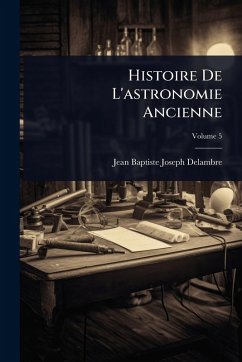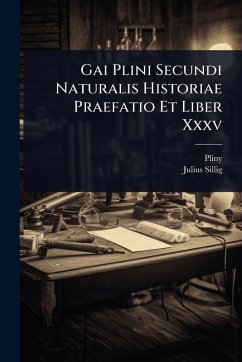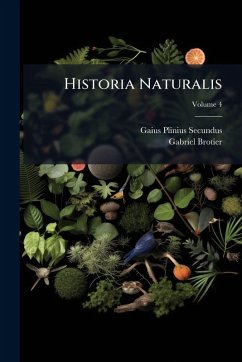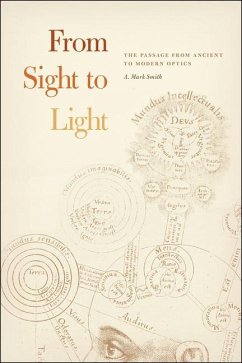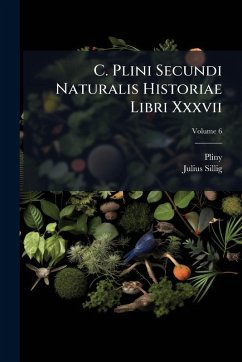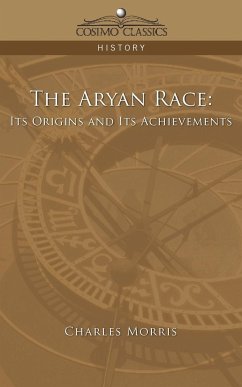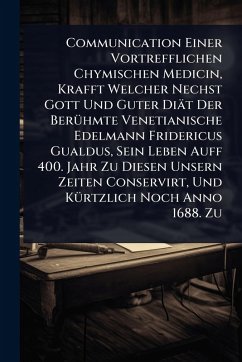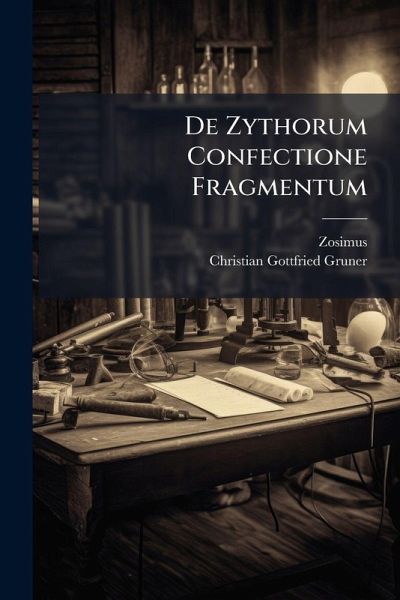
De Zythorum Confectione Fragmentum

PAYBACK Punkte
9 °P sammeln!
De Zythorum Confectione Fragmentum, by Zosimus of Panopolis and Christian Gottfried Gruner, offers a fascinating glimpse into the history of alchemy and early brewing techniques. This fragment, translated and annotated by Gruner, explores the methods and beliefs surrounding the creation of 'zythorum, ' an ancient form of beer. Zosimus, a prominent alchemist from Panopolis (modern-day Akhmim, Egypt), details processes that blend practical knowledge with mystical understanding. This edition provides valuable insights into the intersection of science and culture in the ancient world. It is an inv...
De Zythorum Confectione Fragmentum, by Zosimus of Panopolis and Christian Gottfried Gruner, offers a fascinating glimpse into the history of alchemy and early brewing techniques. This fragment, translated and annotated by Gruner, explores the methods and beliefs surrounding the creation of 'zythorum, ' an ancient form of beer. Zosimus, a prominent alchemist from Panopolis (modern-day Akhmim, Egypt), details processes that blend practical knowledge with mystical understanding. This edition provides valuable insights into the intersection of science and culture in the ancient world. It is an invaluable resource for historians of science, particularly those interested in alchemy and the history of food and drink, showcasing the evolution of brewing from ancient practices to modern techniques. This work has been selected by scholars as being culturally important, and is part of the knowledge base of civilization as we know it. This work was reproduced from the original artifact, and remains as true to the original work as possible. Therefore, you will see the original copyright references, library stamps (as most of these works have been housed in our most important libraries around the world), and other notations in the work. This work is in the public domain in the United States of America, and possibly other nations. Within the United States, you may freely copy and distribute this work, as no entity (individual or corporate) has a copyright on the body of the work. As a reproduction of a historical artifact, this work may contain missing or blurred pages, poor pictures, errant marks, etc. Scholars believe, and we concur, that this work is important enough to be preserved, reproduced, and made generally available to the public. We appreciate your support of the preservation process, and thank you for being an important part of keeping this knowledge alive and relevant.



![The Science of Gems, Jewels, Coins, and Medals, Ancient and Modern. (Appendix. Autobiography of Pistrucci. Translated by Mrs. Billing.) [With Plates.] Cover The Science of Gems, Jewels, Coins, and Medals, Ancient and Modern. (Appendix. Autobiography of Pistrucci. Translated by Mrs. Billing.) [With Plates.]](https://bilder.buecher.de/produkte/75/75104/75104793n.jpg)
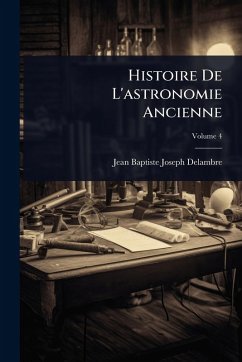
![Histoire De L'astronomie Ancienne Et Moderne [ed.] Par V. C. ... 2 Tom Cover Histoire De L'astronomie Ancienne Et Moderne [ed.] Par V. C. ... 2 Tom](https://bilder.buecher.de/produkte/75/75097/75097312n.jpg)
